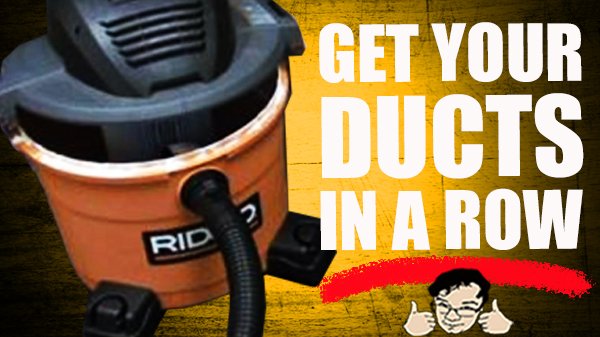
HOW TO READ A TAPE MEASURE WITHOUT LOOKING LIKE AN IDIOT
Believe it or not, the first question on some job interviews in industrial trades is, “Can you read a measuring tape?” That may sound silly to a lot of you old-timers, but you'd be surprised how many younger folks never make it past that first question because they have no idea what they're doing with this simple tool. So, in this post, I’m going to share with you how to teach a poor, ignorant kid in your life.

THE FORGOTTEN STORY BEHIND JAPANESE CHISELS
While Japanese chisels as woodworking implements have existed for centuries, it was the makers of the famed samurai swords that may have given us the chisels OF today. In this post, I'll share that forgotten story and help decode the fascinating technology that makes Japanese woodworking chisels so different from modern Western-style chisels. By the end, you'll have a whole new respect for this strange little tool with the dented backside.

THE HISTORY OF SANDPAPER
Every time I talk about sandpaper, someone tries to shame me for not using hand planes and scrapers to smooth every surface like a “real” woodworker. They are under the false impression that sandpaper is a modern invention, which the great masters of the past would never have touched.

HOW SIMPLE WOOD SCREWS ARE NO LONGER THE SAME
Are the higher-priced construction screws such as GRK and Spax worth the cost if you aren’t building something structural, such as framing a house or a deck? Do the fancy features of these screws—such as fluted points, serrated teeth, and complex head geometry—make any difference at all for most day-to-day projects?

JOINTER VS PLANER VS SANDER - WHERE SHOULD YOU START?
When I first started woodworking, there was no way I could afford a jointer and a planer, let alone a drum sander. I knew that each of those machines would be useful, but since I had little experience with any of them, I had no idea which one to buy first, which to get next, or if I even needed all three of them at all…. Let’s take a few minutes to sort this out.

THE TRUTH ABOUT MDF WILL MAKE YOU THINK TWICE!
Don’t get me wrong, I love beautifully figured, natural wood. I use solid wood in most of my projects. But if you set aside your preconceived notions about manufactured materials, you will find that there is a time and place for MDF, even in fine furniture making.

DUST COLLECTION DUCT WORK: WHY SIZE MATTERS
In this article, I want to offer a simple, easy-to-understand explanation of this small part of a larger subject—specifically why the size of your dust collection hoses and ducts does matter, and why what's right for your shop may not be what you think.

THE THIN KERF DEBATE: A WOODWORKER’S PERSPECTIVE
Nowadays, like anything else, people love to argue about the pros and cons of blade thicknesses. And there’s a lot of misinformation out there—whether you should even be using thin kerf blades, and whether the wrong blade choice can make your table saw more dangerous.

THE SCOURGE OF WOODWORKING
Case hardening. What is it? This occurs when the wood has been kiln-dried on an overly aggressive schedule. Essentially, the process is rushed: they crank up the heat, drop the humidity, and speed up the drying to push more lumber through the kiln and to market faster.

A FORGOTTEN TECHNOLOGY FROM THE OLD DAYS OF WOODWORKING!
Many people believe the absence of nails is a sign of good craftsmanship. And I can't say I blame them because they don't make nails like the used to. The modern nail isn’t designed for performance, it's designed for price. They are cheap to make. In this article I'll remind you of the little known, and I think very interesting features that make cut nails superior to wire nails, and perhaps a better choice for your next project.

FRENCH CLEATS - ARE THEY WORTH THE HYPE?
These days french cleats have become pretty popular among various YouTubers and in the overall maker movement. But mostly in the context of cleat walls. This is a big thing online. Folks put rows of wood strips all over their walls and make all sorts of handy tool holders that may be hung and arranged wherever they like.

UNDERSTANDING AIR-DRIED VS. KILN-DRIED LUMBER
When it comes to woodworking, one of the most important decisions you'll make is choosing the right lumber for your project. But how dry does it really have to be? And can you trust lumber that you've cut and dried yourself?
